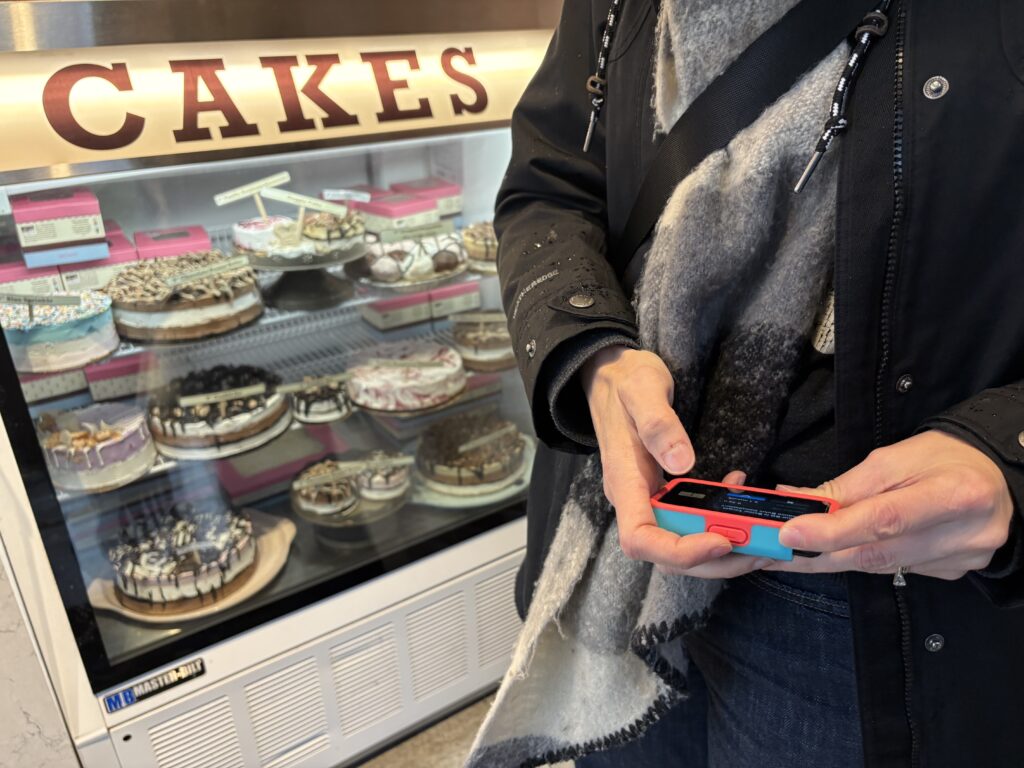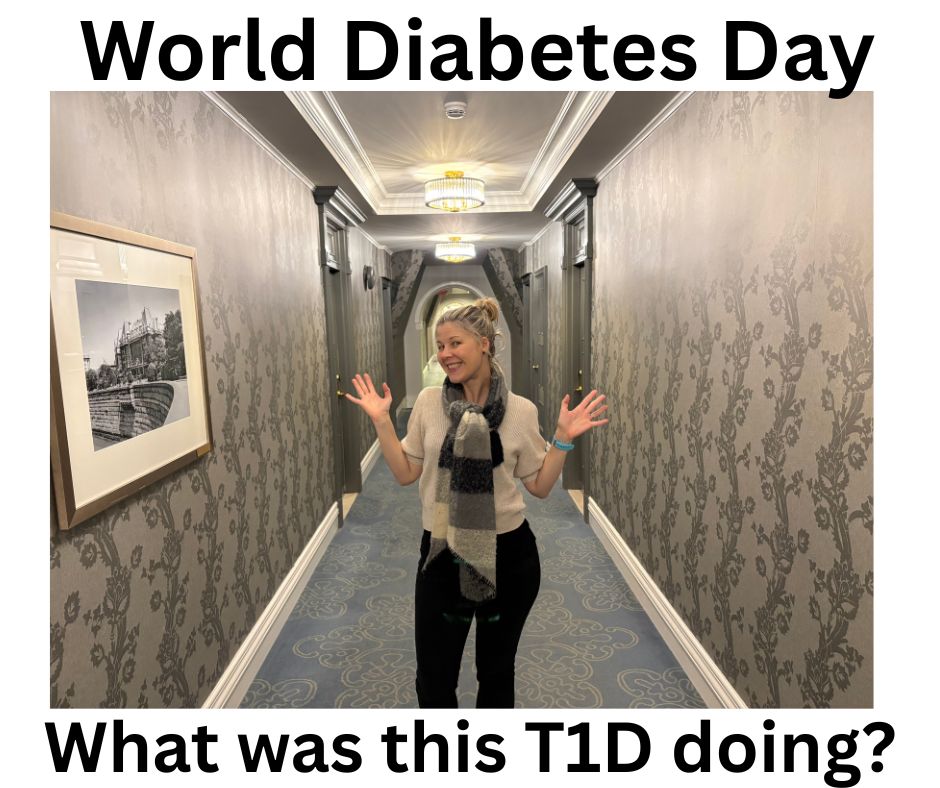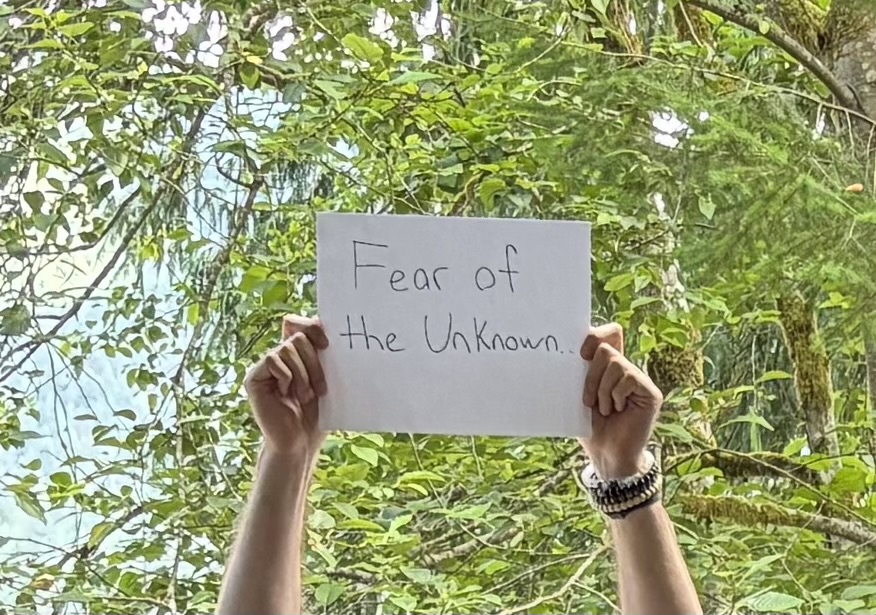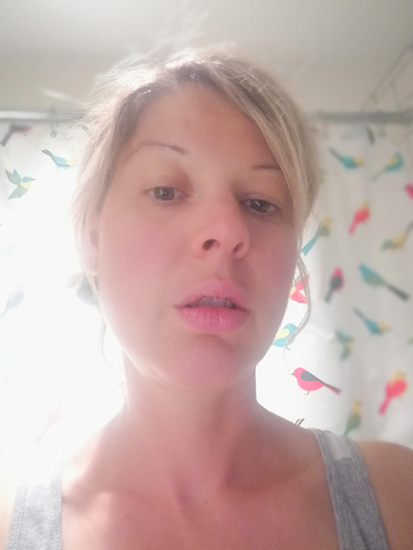Tandem t:slim trial part 1
Tandem t:slim X2 with Control IQ has recently become a well known name in the Katie T1D household – and a bit of a tongue twister 😉 Hi friends! Remember about two months ago when my old-school Omnipod kicked the bucket? I was in a bit of a pickle, and it forced me to start figuring out alternate insulin pump options. Because I work in diabetes care, both Tandem and Medtronic offered me a trial of their automated insulin delivery (AID) systems. I was thrilled! And yes, I very much acknowledge my privilege. Tandem was first up. Tandem Trial – the preamble Honestly, I was impressed by some of Tandem’s outcomes. Ever since the AID pumps came onto the market, I had been somewhat dubious on how they would respond to my diabetes. This is an important component to consider. I’ve done extensive research into these systems over the years, […]
Tandem t:slim trial part 1 Read More »





